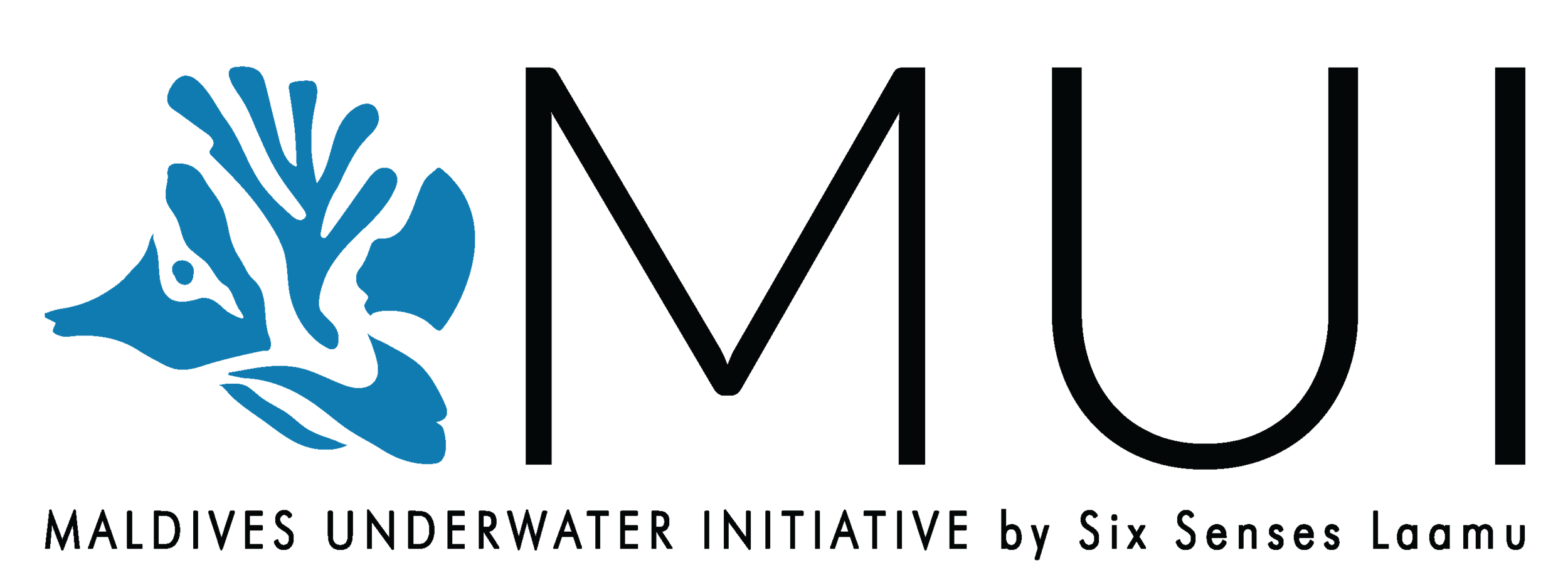MALDIVES TUNA THINK TANK VISITS LAAMU
The Maldivian tuna fishing industry is famous for its sustainability. By exclusively using the Pole and Line method of catching fish, it reduces the bycatch to practically 0% - whereas other methods of fishing, such as large industrial nets and longlines, can have high bycatch rates. This means that only the targeted fish species are caught and landed, which minimizes the impact of the industry on other species.
Like with all things sustainability, it is a journey not a destination. As such, there is always room for improvement. To help identify how the tuna fishing industry can become even more sustainable and how it can access sustainable financing mechanisms to ensure sustainable and ethical standards are met, Thomas Egli developed the Maldives Tuna Think Tank. The Think Tank brings together 10 Blue Economy experts to the Maldives for a site visit and series of workshops with Ministry representatives.
Seven of the Think Tank visited Six Senses Laamu to see how a resort operates sustainably and the Laamaseelu Masveriya program that brings local reef fishers in partnership with the resort.
Lawrence Menz joined the Think Tank for their factory tour of the Horizons Mendhoo Fisheries Complex (MFC), a local tuna processing and canning company. MFC operates with a Zero Waste framework, where every single piece of fish is used, whether the meat is canned in chunks or flakes and sold around the world, or the skin and bones are turned into fish meal. They also have invested in a 4MW solar farm, able to supplement the factory’s energy needs.
Photo by Lawrence Menz
Following the factory tour, the group joined a FairTrade certified tuna boat, Villa 13, to witness the entire process. The boats journey into the inner reefs of the atoll in the evening, deploy bright spotlights over the reef to attract and catch small ‘bait fish’. The bait fish are stored in an aerated tank to keep them alive overnight while the boat and crew rest. At 3am, the boat sets forth to find the tuna, often found at Fish Aggregation Devices deployed a few dozen nautical miles out to sea. Once they arrive, the fishing starts. Baiters will collect handfuls of baitfish and cast them into the water, which the tuna go into a frenzy to feed on. Fishers will dangle their simple lures with barbless hooks into the water, which the tuna latch onto, and skilfully pull their catch into the boat, where they are washed down into the ice-filled storage container in the bowels of the ship. The entire process lasts as long as there is baitfish, which can take several hours. Once the boat has used all of its baitfish, they journey back to the fisheries complex to sell their catch.
The Think Tank then held meetings and workshops over several days in Male’ city with government officials to share their knowledge and provide advice on how to develop a more sustainable industry within the Maldives. You can read more about the Think Tank and its experts on its website at sustainasea.earth or click here and you can view the video of the journey, filmed by Matt Porteous of Ocean Culture Life (and previous visiting ocean storyteller) on Thomas Egli's youtube channel titled Maldives Tuna Think Tank - Excursion or find it here.
Photo by Lawrence Menz


